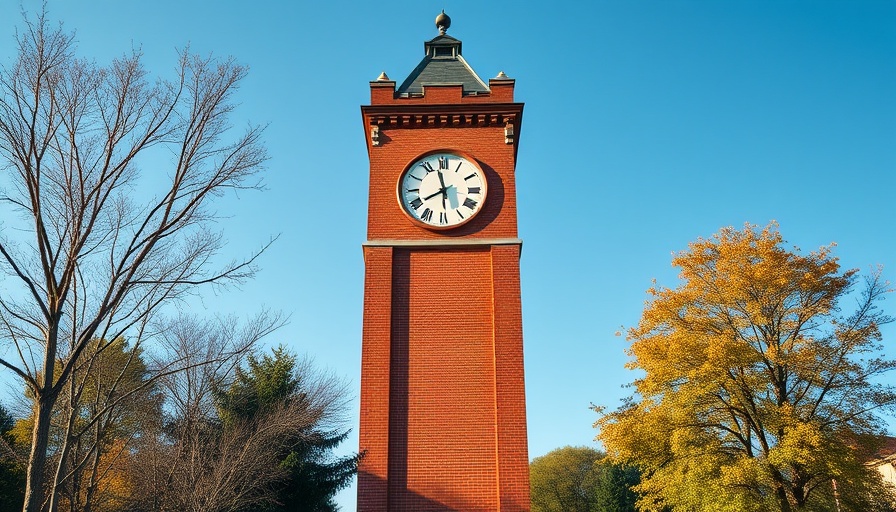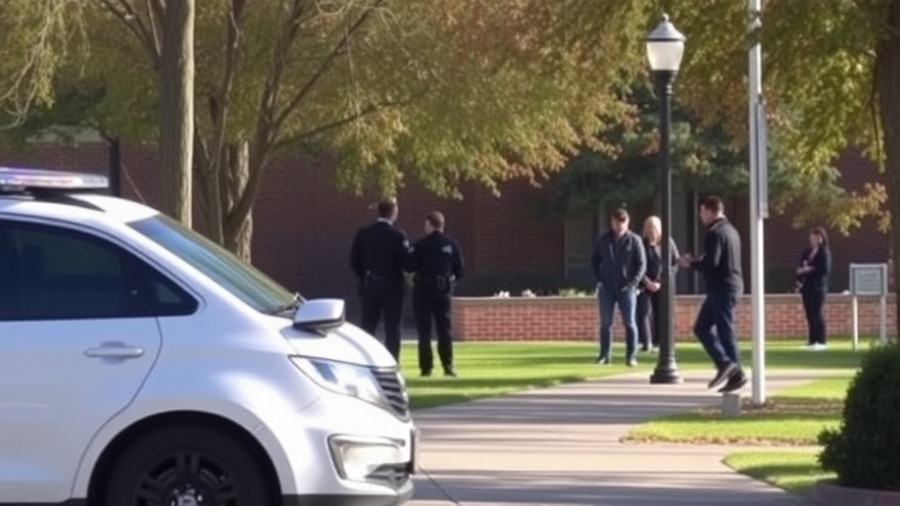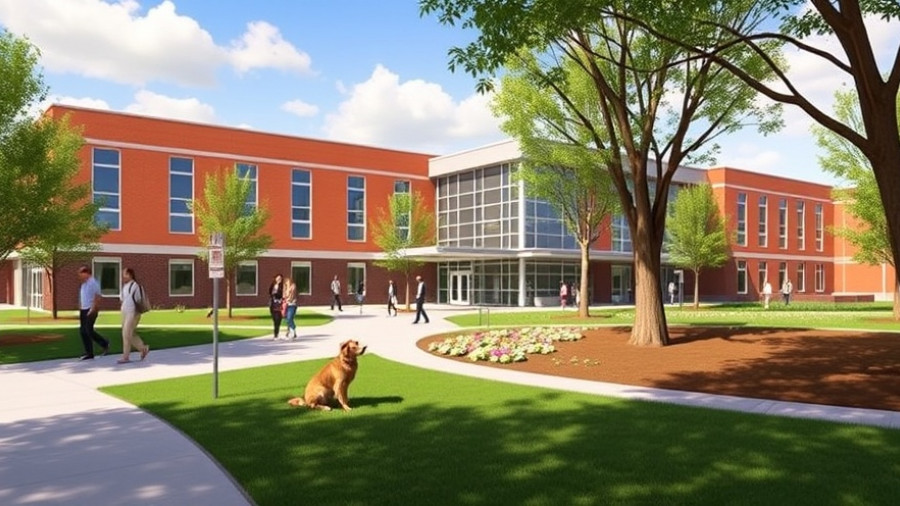
Clemson University recently made headlines after the termination of professor John Doe over controversial posts related to conservative figure Charlie Kirk. The decision has sparked heated debates within the campus community and beyond regarding freedom of speech, academic freedom, and the balance between personal expression and institutional values.
Understanding the Context: Why This Matters to Upstate Residents
Charlie's influence as a vocal proponent of conservative politics has drawn both support and heavy criticism. His advocacy resonates with many across the United States, including numerous Upstate residents who hold varying political views. The ramifications of a professor's dismissal for expressing opinions related to such a public figure raise essential questions about the limits of free speech in educational institutions, especially in a region known for its diverse viewpoints.
The Academic Freedom Debate: Balancing Act or Heavy-Handedness?
This incident ignites discussions about academic freedom on campus. Many argue that universities should be sanctuaries for the free exchange of ideas—even those that are uncomfortable or controversial. An opposing viewpoint suggests that when educators engage in public discourse, they must acknowledge the impact their statements can have on their institution's reputation. This event may reflect a larger trend in education as institutions grapple with navigating the complexities of social media expression.
What’s Next? Implications for Faculty and Students
The fallout from this incident will likely influence faculty and student engagement across not just Clemson University but other educational facilities as well. How will faculty approach their social media presence? Will students feel emboldened to express themselves or more cautious about repercussions? Such questions are pivotal as both students and educators wish to create an informed and dynamic learning environment.
This incident serves as a crucial reminder to both supporters and detractors of free speech that the actions taken by educational institutions can have far-reaching consequences. As discussions about ideological disparities continue, understanding the impact of this incident remains essential for the future of academic discourse.
 Add Row
Add Row  Add
Add 




Write A Comment